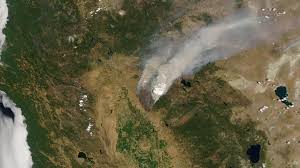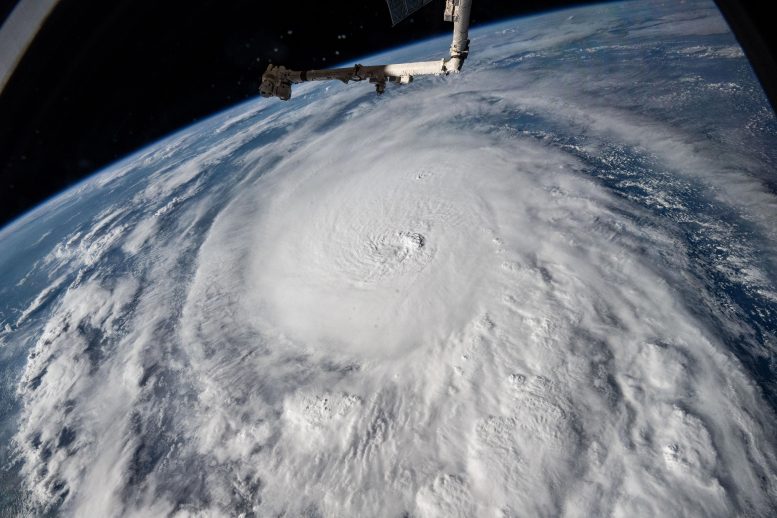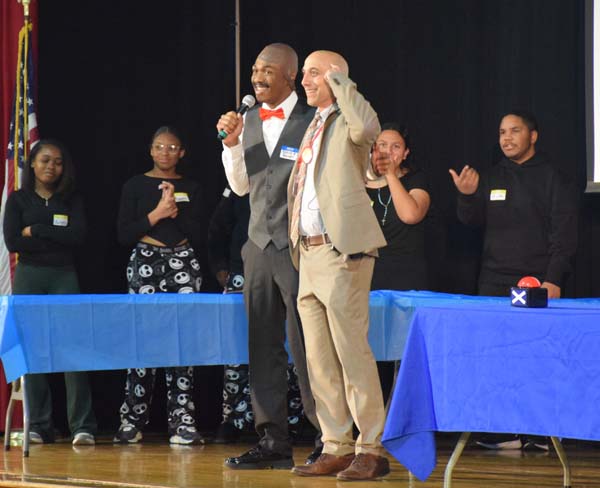Many Amityville students (including myself) have experienced their first earthquake this morning. Many wondered, “Was it loud construction work?” “Did a boiler explode in the basement?” “Did someone bring a stampede of elephants onto the roof?” Yes, someone really considered elephants on the roof.
A few minutes after the unsettling shaking, we received confirmation that what we experienced was, indeed, an earthquake. Here are the latest facts about this natural phenomenon:
A magnitude-4.8 earthquake rumbled through the northeastern United States at 10:23 a.m. this Friday, according to the United States Geological Survey, sending tremors from Philadelphia to Boston and jolting buildings throughout the five boroughs and Long Island.
The U.S.G.S. reported that the earthquake’s epicenter was about 40 miles west of New York City near Whitehouse Station, N.J.
New York City officials said there were no “major damage reports” from the aftershock but more are expected for some time due to the magnitude of 4.8, said Kishor S. Jaiswal, a research structural engineer with the U.S. Geological Survey.
Earthquakes are always unnerving. But for some, the aftershocks can go on beyond the actual tremors: People can experience anxiety, sleep problems and other health issues in the hours and days after a quake.
Another effect is a sense of dizziness after an especially large or frightening earthquake. In Japan, this feeling is called jishin-yoi (which roughly translates to “earthquake drunk,” or “earthquake sickness”). It is also sometimes called post-earthquake dizziness syndrome.
Others might report experiencing “phantom” earthquakes that might feel like subtle aftershocks, or like the room has started shaking again, but this is in fact purely psychological. Myself and a few of my classmates can attest to feeling this odd physiological effect. As for many of us, this was the first earthquake we’ve ever experienced…sitting right in the middle of class at that!













